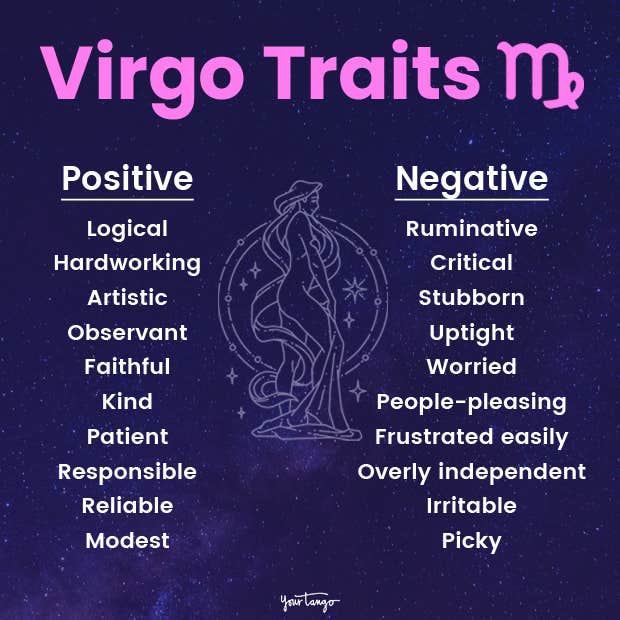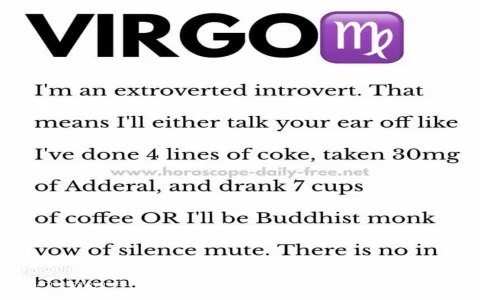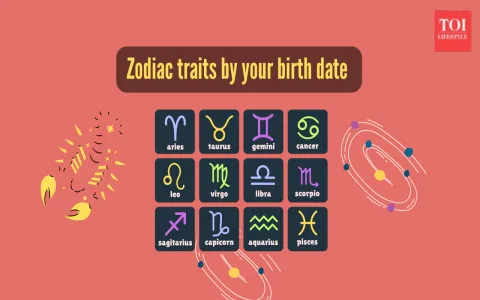Look, I know what they say about Male Virgos. Cold. Calculating. We nitpick everything until everyone around us wants to scream. We analyze every single variable until we’ve suffocated the life out of any spontaneous fun. But the worst part, the one that cost me real money and almost everything else? The shocking inconsistency. We start strong, analyze everything, build the perfect plan, and then BAM! We ghost the project because the initial spark faded, or maybe because it wasn’t ‘perfect’ enough.
For years, I just figured I was built this way. Logical, detached. I used those traits as a shield. That changed about three years ago, and I didn’t change because I read some self-help book. I changed because my rigid, cold behavior cost me a massive chunk of opportunity and two solid friendships. It wasn’t just a minor setback; it was a wake-up call delivered with a financial gut punch.
I was working on this enormous side hustle—a SaaS platform—that was guaranteed to replace my stressful day job income within six months. I pulled in two buddies, promised them partnership splits, and we spent three months coding our guts out. I handled the core architecture, the parts that had to be flawless, the part where my perfectionism thrived.

Then, the analysis paralysis hit. It wasn’t the workload; it was the sheer pressure of maintaining the ‘perfection’ I demanded. I started delaying calls. Missing check-ins. A two-hour coding session turned into a fifteen-minute distraction because I found one minor inefficiency in the library we were using. My coldness wasn’t just detachment; it was shutting down communication because I was failing my own ridiculous, impossible standards. My partners kept calling, texting, asking if I was okay, and I just let the phone ring. Cold and inconsistent? Yeah, I wrote the manual.
The Project Fork and the Hard Truth
One Tuesday morning, I woke up to an email. My partners had decided to fork the project. They took the existing codebase, hired a freelancer to finish the UI I’d abandoned, and cut me out entirely. They were blunt. They cited “lack of reliable input” and “unprofessional ghosting.” They were absolutely right, and it stung like hell. I wanted to throw a fit—I’m a Virgo, I hate being wrong—but deep down, I knew I deserved it. I built the damn engine, but I refused to drive the car because the paint job wasn’t dry enough for my liking.
That wasn’t just a lost income opportunity; that was three months of my life and two strong relationships flushed down the drain because my personality traits, which I had glorified as ‘detail-oriented,’ were actually just a flimsy excuse for fear of completion and reliable follow-through. I decided right then that if I could be this meticulous about tracking others’ flaws, I could be even more meticulous about tracking my own reliability.
The Practical System I Forced Myself to Build
You can’t just decide to ‘be warmer’ or ‘be more reliable.’ That’s soft advice, and we Virgos hate soft advice. You have to build a system that punishes inconsistency and rewards predictable interaction. I started treating my personal life and relationships like they were the most critical project management tasks I had ever undertaken.
Step One: The Aggressive Five-Minute Rule for Contact.
The goal here was to kill the analysis time that led to coldness. I used to delay replying because I was crafting the perfect, most comprehensive answer. That looks like ignoring someone.
- If someone texts, emails, or calls, I respond within five minutes, end of story. Even if the response is just, “Got this, I’m tied up, I’ll circle back at 3 PM exactly.”
- I installed a ridiculously aggressive reminder system on my watch and desktop. If I let a communication sit for six minutes, the device vibrates and screams at me. This forced immediate, if imperfect, action, cutting off my internal debate cycle entirely.
Step Two: Mandatory Imperfect Commitments.
I realized perfectionism was the root of inconsistency. If I couldn’t do something perfectly, I did nothing. I completely reversed this terrible habit.
- I started a public log—just a simple, shared spreadsheet with my wife—listing every single promise I made, no matter how small. Stuff like “I will fix that squeaky cabinet door this weekend” or “I will check the car fluids Saturday morning.”
- The goal was not excellence; the goal was verifiable completion. I forced myself to tick the box, even if the solution was messy. Fixing the cabinet door with duct tape instead of waiting three weeks for the perfect hinge set? Fine, box ticked. This built immediate momentum and chipped away at the “all or nothing” paralysis.
Step Three: The Weekly Relationship Retrospective.
This fixed the coldness issue. Once a week, I sat down and reviewed my interactions with key people (family, close friends, work contacts) and assessed my behavior.
- Did I listen, or did I just wait for my turn to offer an unsolicited, negative critique? (Virgos absolutely love offering those.)
- I kept a forced counter on my phone. Every time I had a critical or analytical thought about someone else’s actions, I had to immediately follow it up with two genuine, non-critical questions about their life or feelings. This wasn’t about being fake; it was forcing the logical brain to engage with human connection instead of flaw assessment.
What Happened Next? The Payoff
The change wasn’t comfortable, but it was brutally effective. That obsessive energy Virgos have? I completely redirected it from analyzing flaws in the universe to meticulously tracking my own reliability score. If I missed a commitment, I didn’t beat myself up; I analyzed the system failure and adjusted the trigger. The inconsistency dissolved because the system didn’t allow for the necessary pause needed for me to get distracted.
And guess what? My ex-partners, the ones who cut me off? They actually called me six months later. Not to rejoin the old project, which had stalled because their replacement freelancer sucked, but to ask me to consult on a new venture. Why? Because they saw the change. They explicitly said I had become “predictably available” and “less of a ghost.”
The biggest payoff wasn’t the work, though. I used to think emotional distance protected me from disappointment. It didn’t. It just made me lonely. By forcing myself to maintain communication and complete messy tasks, I accidentally started connecting better. That coldness melted away simply because the system didn’t allow for the time delay required to freeze up. I learned that consistency is the only form of perfection that actually matters in the real world.
If you’re a Male Virgo (or dating one) and you think these traits are permanent—read this again. They aren’t fixed personality traits; they are behavioral patterns established by fear of imperfection. You only break them with aggressive, non-negotiable systems, not positive thinking.







